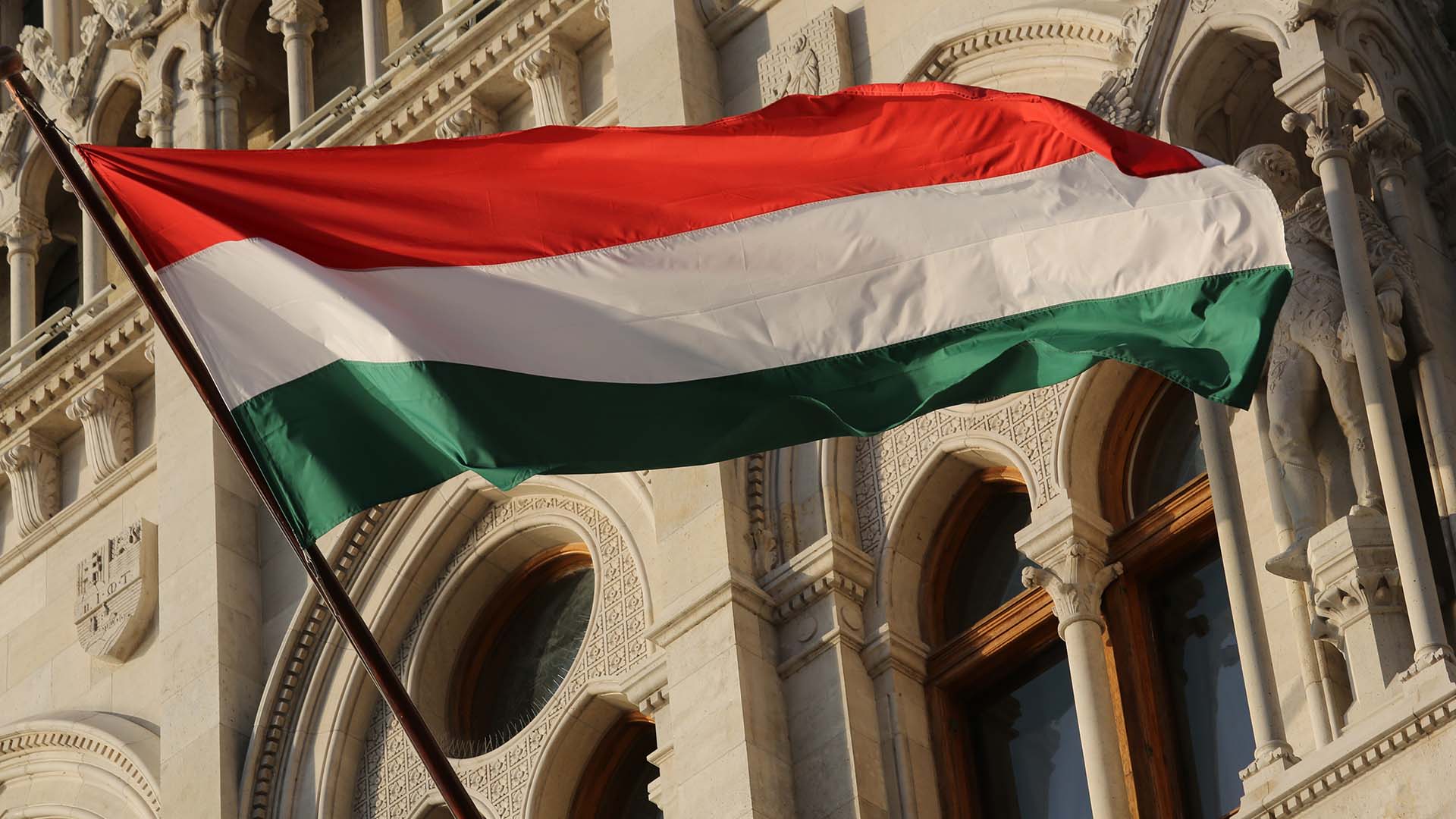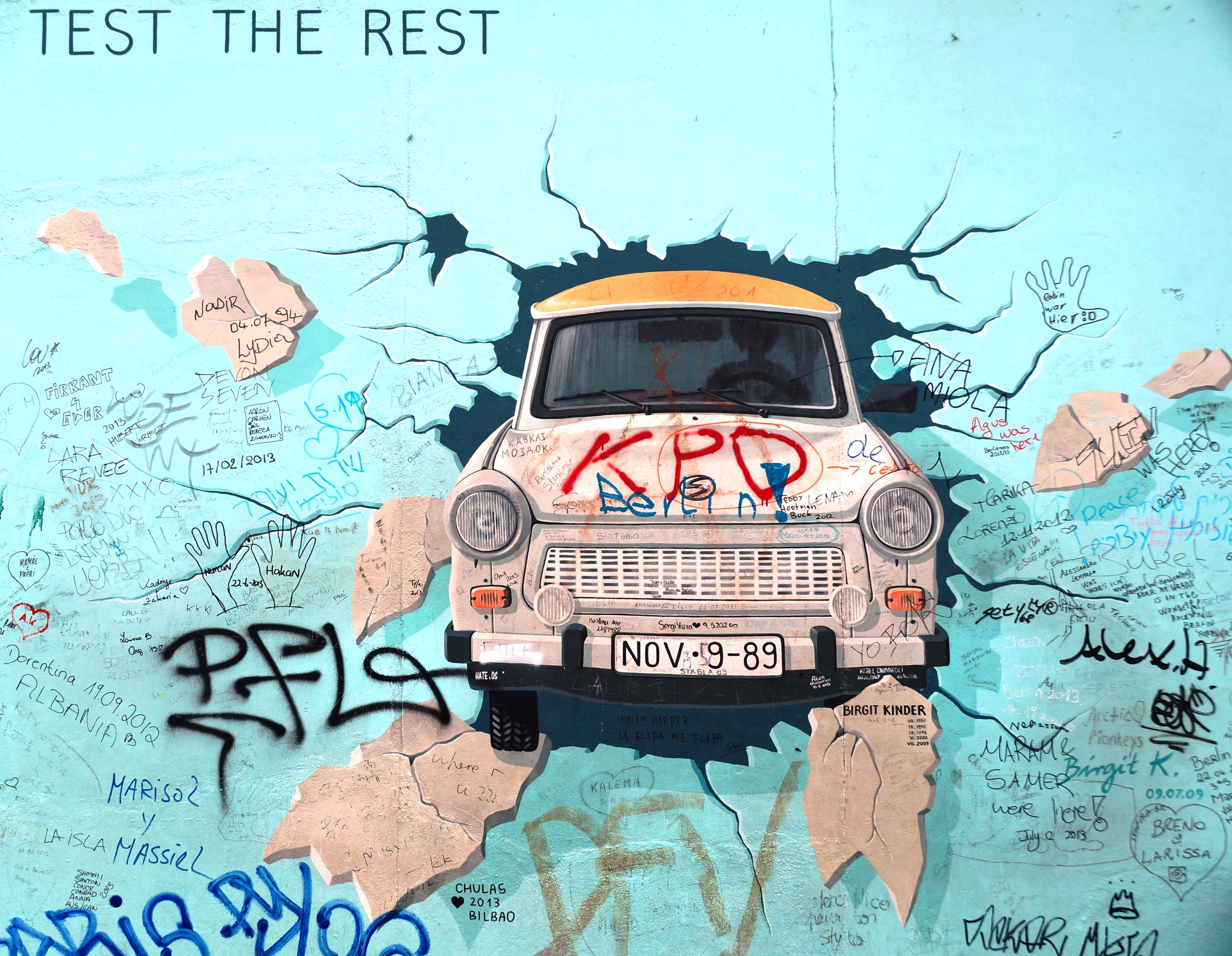This research attempts to begin to understand the kinds of patterns and methods used by actors seeking to inflame tensions in the
region as well as to identify possible motives and inform suitable responses.



Policy Recommendations



Stephen Holmes, is a Professor of Law at the NYU School of Law, New York and co-author, together with Ivan Krastev, of The Light That Failed. A Reckoning published in October by Allen Lane (an imprint of Penguin Books). In a work of startlingly original political psychology, two pre-eminent intellectuals propose that the post-1989 world order has been characterised by 30 years of what they call The Age of Imitation – a period of Western democratisation in which Eastern European values would be bent to the liberal fiscal, cultural and moral politics of “integration”.

Interview Dimitar Bechev (North Carolina)
Interview with Dimitar Bechev, research fellow at the Center for Slavic, Eurasian, and East European Studies at the University of North Carolina at Chapel Hill and non- resident Senior Fellow at the Atlantic Council. In 2017, he published “Rival Power. Russia’s Influence in South- East Europe” at Yale University Press.